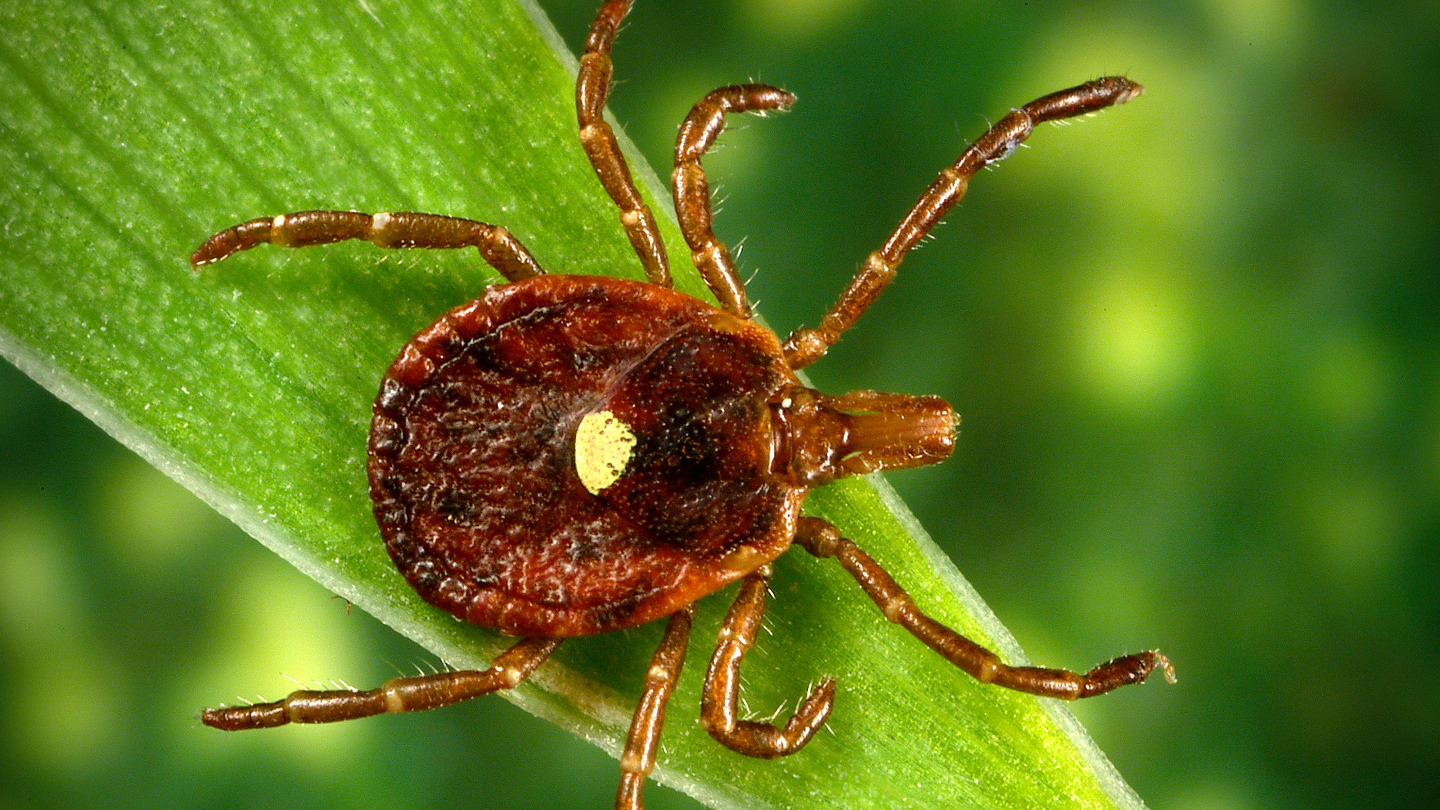It’s time to stop and smell the roses for Sacred Heart University students.
With students back on campus at colleges and universities around Connecticut, school officials around the state have installed many safety protocols. One precaution Sacred Heart is using is more inventive than most.
Walking around campus are small white pop up tents called, “scent tents.” Inside the tents are roses and other aromatic flowers. They’re not there as decoration but as a tool - a way of engaging students in the fight against COVID-19.
“In part it’s educational but also in part, it’s a fun thing,” said Dean of Students Larry Wielk.
If someone can’t smell the flowers it could be an indication of a COVID-19 infection. Because one virus symptom is the loss of smell, these “scent tents” have been put in place to alert people of a potential problem.
“I think it’s pretty cool,” said sophomore Nicky Labanca.
Labanca said in the week the tents have been in place he’s gone through them several times and appreciates the school taking this creative approach.
Local
“It’s a way for them to show how much they care and how many precautions they’re taking to make us safe,” he said.
Wielk explained each student has been asked to adhere to what it calls, “The Pioneer Promise," a code each student is being urged to uphold in an effort to sustain a safe campus environment.
“We want them to constantly be thinking about what they can do and checking their symptoms is one of those daily things we want everybody to do,” said Wielk.
However, as students enjoy the fragrant bouquets on their way to class there is one concern.
“The real issue is if anyone starts stealing the roses to deliver as a present,” Wielk joked.
According to Sacred Heart no flowers have been stolen and no student has yet to fail the smell test. All students were tested prior to coming on campus in August. Random testing is also continuing and by next week, school officials said they it will have randomly tested 50% of the campus population.



